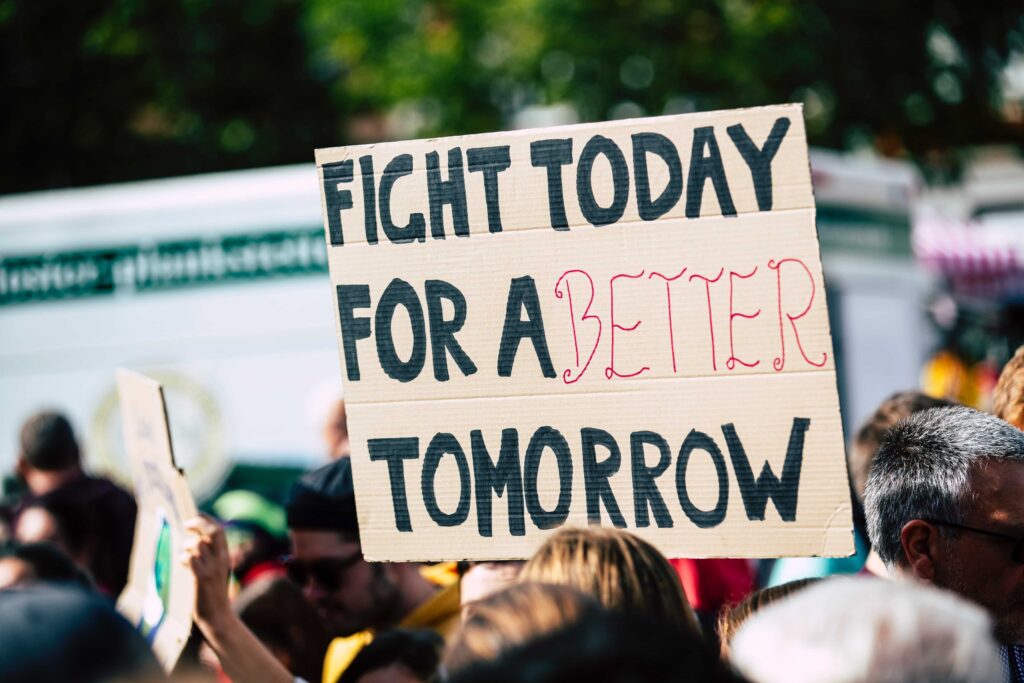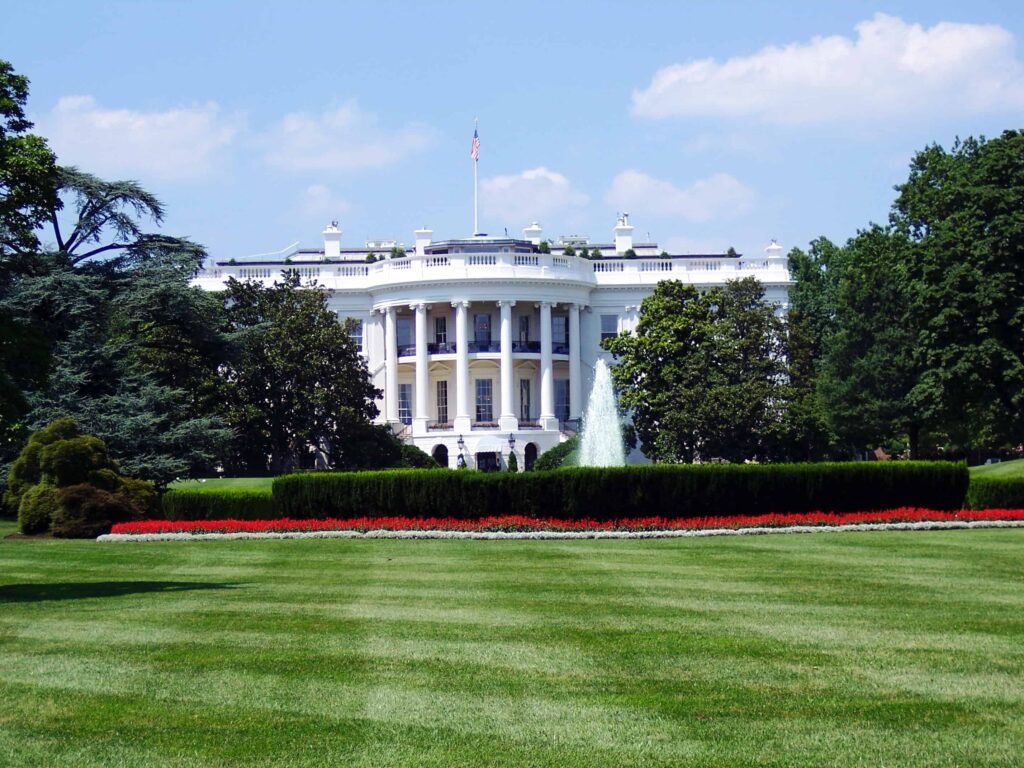In an age characterized by rapidly disseminated information, the fact-checking movement has emerged as a beacon of light in the increasingly murky waters of politics and public discourse. As we navigate the post-truth era, where misinformation and disinformation often eclipse facts, fact-checkers play a crucial role in holding public figures and media accountable. This article delves into the significance of fact-checking in our contemporary political landscape and its implications for a more informed and truth-oriented society.

The Post-Truth Era: A Challenge to Reality
The term “post-truth” refers to a political and cultural climate where emotions, personal beliefs, and biases often hold more sway than objective facts and evidence. In this era, political narratives are crafted not just from interpretations of facts but, at times, from outright fabrications. Social media, with its rapid dissemination of information and echo chambers, has exacerbated this issue, making it easier for falsehoods to gain traction.
The Birth of Fact-Checking
Fact-checking, as a practice, emerged in response to this challenging landscape. Fact-checkers scrutinize claims made by public figures, politicians, and media outlets to assess their accuracy. They rely on meticulous research, data analysis, and credible sources to determine whether statements are true, false, or somewhere in between.
The Impact of Fact-Checking
- Accountability: Fact-checking serves as a powerful tool to hold public figures accountable for their statements. When a claim is proven false, fact-checkers expose the deception, making it more difficult for politicians and leaders to manipulate the truth with impunity.
- Educating the Public: Fact-checkers provide the public with accurate information, allowing individuals to make informed decisions. In a democracy, informed citizens are essential for the functioning of government and society.
- Fighting Misinformation: By identifying and debunking false claims, fact-checking efforts help combat the spread of misinformation. This is crucial in preventing the erosion of trust in institutions and the media.
Fact-Checking Challenges
While fact-checking plays a vital role, it is not without its challenges:
- Confirmation Bias: People tend to seek information that aligns with their preexisting beliefs. Fact-checking may not always change minds, as individuals may dismiss or ignore findings that contradict their views.
- Speed vs. Accuracy: Fact-checkers often work against the clock, but thorough research takes time. Balancing the need for speed with the desire for accuracy is a constant challenge.
- The Backfire Effect: Research has shown that some individuals become more entrenched in their false beliefs when presented with contradictory evidence, a phenomenon known as the backfire effect.
The Role of Media and Social Media
The media landscape plays a pivotal role in the effectiveness of fact-checking. Responsible journalism demands accuracy and impartiality, but sensationalism and the pursuit of ratings sometimes lead to the uncritical dissemination of misinformation. Moreover, social media platforms can either amplify or hinder fact-checking efforts, depending on their policies and algorithms.
A Call for Media Literacy
While fact-checking organizations work diligently, it is essential to recognize that combating misinformation is a collective effort. Promoting media literacy—teaching individuals how to critically evaluate information sources and discern fact from fiction—is a fundamental step toward a more informed society.

Conclusion: The Truth Shall Prevail
In an era where the line between fact and fiction often blurs, fact-checking serves as a crucial safeguard against the erosion of truth and accountability. While challenges persist, the fact-checking movement continues to shine a light on falsehoods and distortions, empowering citizens to make informed choices and upholding the integrity of public discourse. In this post-truth era, the pursuit of truth remains paramount, and fact-checkers are the gatekeepers of that pursuit.
